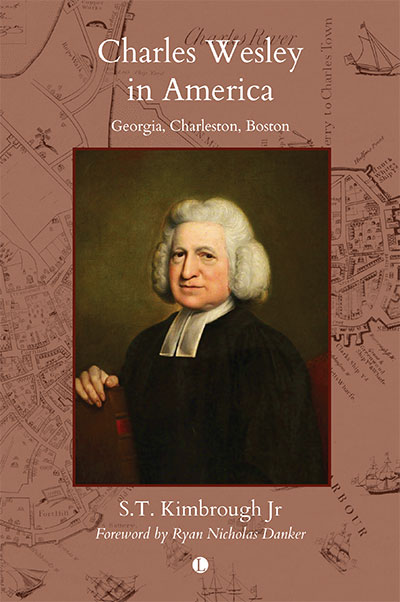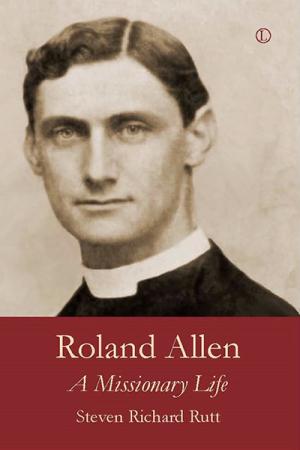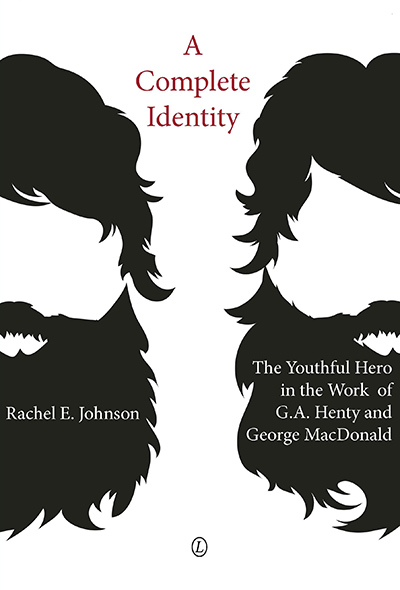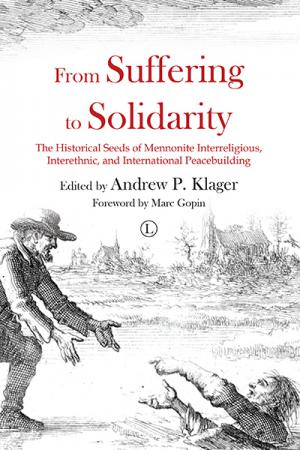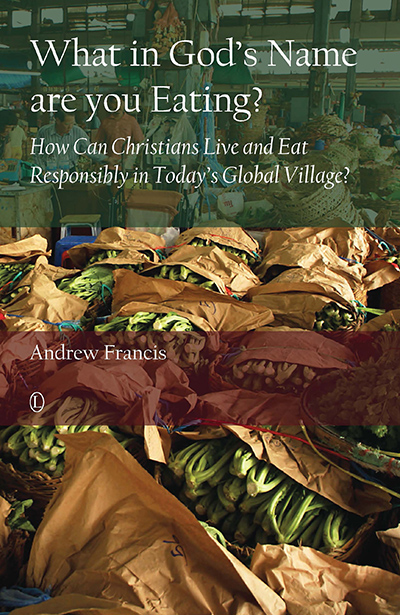Description
In 1736, a century into Britain’s expansion in North America, Charles Wesley arrived, and departed, the American colonies. His time in Georgia, where he was a missionary of the Church of England, Colonel Oglethorpe’s personal aide, and secretary of Indian Affairs, was filled with discord and difficulty. Despite being treated warmly by the Anglican clergy of Boston, he struggled as a newly ordained Anglican priest, and was enveloped by scandal when two women accused him and Oglethorpe of moral impropriety.
Charles Wesley in America is the first comprehensive treatment of this period in Wesley’s ministry. Kimbrough provides the first explanation of Wesley’s silence following the Oglethorpe affair, and also examines his negative attitudes towards the Revolutionary War and nascent opposition to slavery. Drawing on primary sources such as Wesley’s poetry and a rare letter exchange between two former slaves whom Wesley befriended in Bristol, Kimbrough gives fresh insight into this formative period and the impact it had on Wesley’s later career.
About the Author
S.T. Kimbrough has written and edited several books on Charles Wesley and is the founder of The Charles Wesley Society. He is a Research Fellow at the Center for Studies in the Wesleyan Tradition of the Divinity School of Duke University. Kimbrough titles that have also been published by The Lutterworth Press are The Lyrical Theology of Charles Wesley and Radical Grace.
Contents
Foreword by Ryan Nicholas Danker
Abbreviations
Acknowledgments
Introduction
1. The Georgia Sojourn
Introduction
The Locus of Charles Wesley’s Georgia Activity
The Georgia Section of the MSJ
Conclusion
A Positive Afterthought
2. The Boston Sojourn
Introduction
The Boston Religious Context
The Boston Visit
Summary and Evaluation
3. Charles Wesley and Slavery
Encounter with Slavery in Charleston
Other Documents Involving Charles Wesley and Slavery
A Puzzlement
4. Charles Wesley’s Response to the Revolutionary War and to the American Colonies
Charles Wesley’s Critique of the War
Charles Wesley’s Critique of the Colonies
Appendix A: Letters regarding two former African slaves
Appendix B: An Extract from the Depositions of William Floyd, Little Ephraim Robin John, and Ancona Robin Robin John
Selected Bibliography
Index of Personal Names
Index of Place Names
Endorsements and Reviews
S.T. Kimbrough continues to gift us with the fruit of a lifetime of study of Charles Wesley. This volume, focused on Wesley’s time in and reflections on North America, provides much detail on a topic touched on only in passing in most Wesley biographies. Recommended! Randy L. Maddox, William Kellon Quick Emeritus Professor of Wesley and Methodist Studies, Duke Divinity School
For years, S.T. Kimbrough has sought to make Charles Wesley known, through analysis of his theology, diverse publications, especially of little-known portions of Wesley’s vast poetic corpus. Here he digs deeply into the American narrative, not stopping at Charles’s manuscript journal – but filling in details of the narrative with letters and historical details about the colonial context, much from primary source materials. . . . The present volume is yet one more addition to Kimbrough’s invaluable contributions to the -eld of Charles Wesley studies. Ryan Nicholas Danker, from the Foreword
S.T. Kimbrough, the founder of the Charles Wesley Society, has published more works than anyone else in the world on and by Charles Wesley. His expertise shines throughout this volume in a way that matches the importance of his subject for a completer understanding of the history of Methodism in America. Richard P. Heitzenrater, author of Wesley and the People Called Methodists

